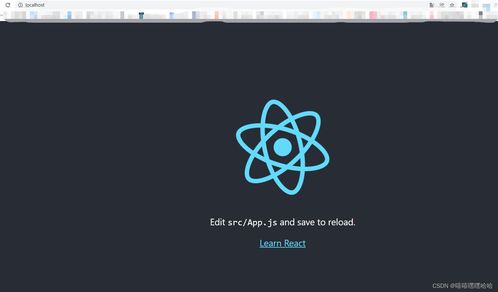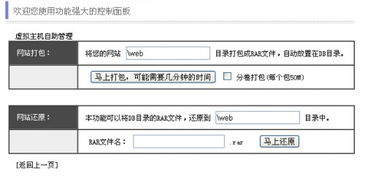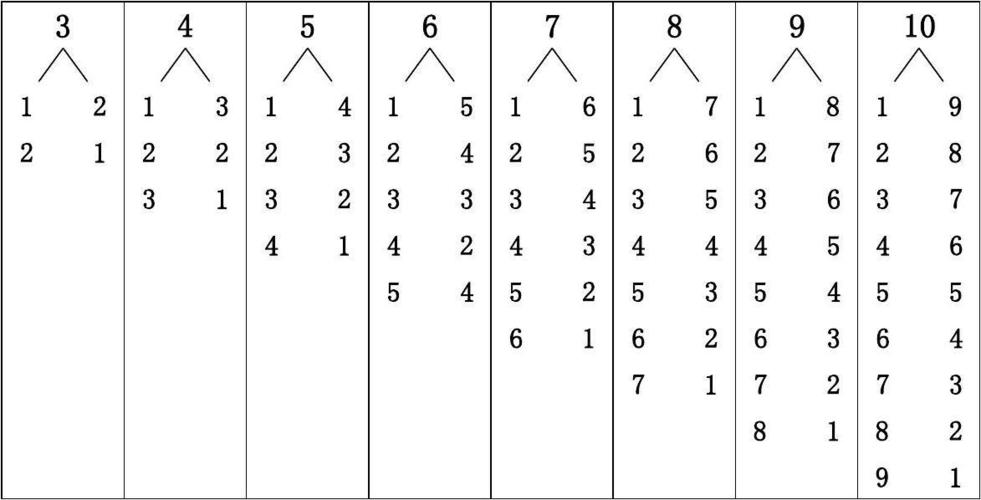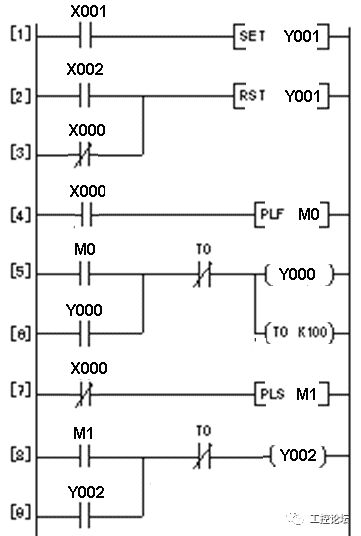Docker is a popular platform that utilizes containerization technology to simplify the process of developing, deploying, and managing applications. By using containers, Docker allows developers to package an application with all of its dependencies into a standardized unit for software development.
Key Concepts
Containers: Containers are lightweight, standalone, and executable packages that include everything needed to run a piece of software, including the code, runtime, system tools, system libraries, and settings. They ensure that the software will run consistently regardless of the environment.
Images: Docker images are the basis of containers. An image is a lightweight, standalone, and executable software package that includes everything needed to run a piece of software, including the code, a runtime, libraries, environment variables, and configuration files.
Docker Engine: The Docker Engine is a clientserver application with these major components:
- A server which is a type of longrunning program called a daemon process (the dockerd command).
- A REST API which specifies interfaces that programs can use to talk to the daemon and instruct it what to do.
- A commandline interface (CLI) client (the docker command).
Advantages of Docker

Using Docker offers several advantages:
- Portability: Docker containers can run on any computer, on any infrastructure, and in any cloud environment, providing a consistent environment for development, testing, and production.
- Efficiency: As containers share the host system's kernel, they require fewer resources than virtual machines, making them more efficient.
- Isolation: Containers provide isolation for applications, ensuring that they do not interfere with each other and are isolated from the host system.
- Scalability: Docker's architecture allows containers to be quickly scaled up or down based on demand.
- Security: Containers offer a level of security by isolating applications from each other and from the host system.
Use Cases
Docker is utilized across various industries and for a wide range of use cases:
- Software Development: Docker simplifies the process of setting up development environments, enabling developers to work in consistent, isolated environments across different machines.
- Continuous Integration and Continuous Deployment (CI/CD): Docker is often used to streamline the CI/CD pipeline, allowing for faster and more reliable application delivery.
- Microservices Architecture: Docker is wellsuited for building and deploying microservicesbased applications, providing flexibility and scalability.
- Big Data and Analytics: Docker can be used to create portable, scalable environments for big data processing and analytics applications.
- IoT and Edge Computing: Docker enables the deployment of lightweight, efficient containers to edge devices and IoT environments.
Best Practices
When working with Docker, consider the following best practices:
- Use Official Images: Whenever possible, use official Docker images from trusted sources to ensure reliability and security.
- Optimize Image Size: Minimize the size of your Docker images by removing unnecessary dependencies and files.
- Implement Health Checks: Set up health checks within your Docker containers to monitor the status of the application and its dependencies.
- Manage Secrets Securely: Use Docker's builtin capabilities for managing sensitive information, such as API keys and credentials, securely.
- Monitor and Log: Implement monitoring and logging solutions to gain visibility into containerized applications and their performance.
Conclusion
Docker has revolutionized the way software is developed, shipped, and deployed by providing a standardized platform for containerization. Understanding the key concepts, advantages, use cases, and best practices of Docker is essential for leveraging its full potential in various industry settings.
As Docker continues to evolve and gain widespread adoption, it remains a powerful tool for modern software development and deployment workflows.
版权声明
本文仅代表作者观点,不代表百度立场。
本文系作者授权百度百家发表,未经许可,不得转载。











